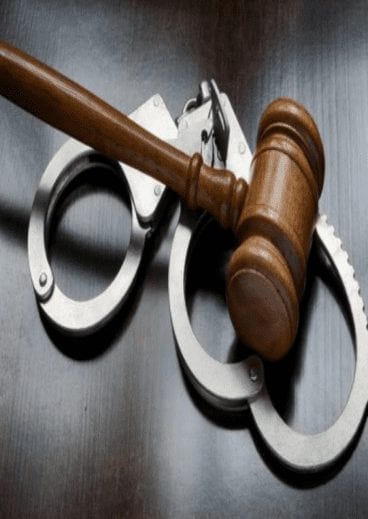
Prosecuting Human Traffickers in Ghana: Challenges and Recommendations
“In late 2005, a police officer in a major European city noticed a young boy begging at the entrance
of a large shop. The police officer tried unsuccessfully to communicate with the boy. All he would say
was, “I’m a tourist, and I’m waiting for my father”. The police officer decided to take the boy to a
police station. There, he produced a bad copy of a foreign passport. With the help of a translator, a
trained police interviewer established that the boy, named Krasimir, was living in the city with a
“friend” and that his family was still in his home country. Based on this information, specialist
investigators were tipped off. Three more boys were found and the “friend” was arrested. Interviews
took place before an investigative judge and a defence lawyer so that the boys did not have to go to
court. The interviews revealed that the boys had been forced into begging by the adult “friend,” Two
months later, the case went to court and the trafficker was sent to prison”.
Deducing from the preamble, to effectively address the issue of human trafficking the following points
were identified:
1. Spotting the Signs of Human trafficking
2. Investigation
3. Gathering evidence
4. Witness and victim protection
